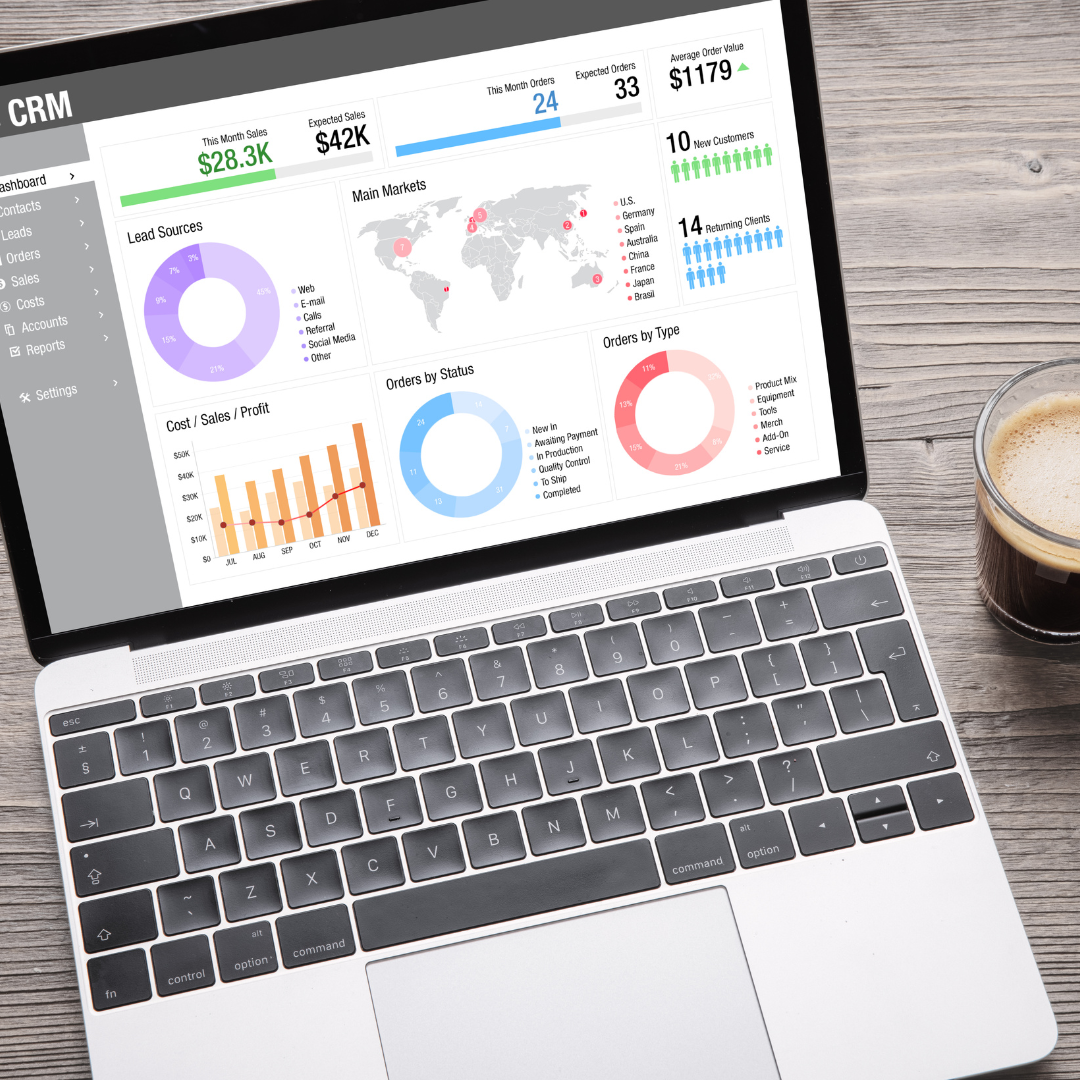What is a Florida Contractor’s License and Why is it So Important?
In order to provide contractor services in Florida, a person should hold a general contractor’s license. In Florida, there are two classifications for contractor license, namely ‘certified’ and ‘registered.’ A contractor should hold a valid license to avoid penalties and a loss of rights (an exception is if the scope of work falls under ‘basic handyman services’).
What is the Difference Between a Registered and a Certified Contractor License?
The key difference between the two is that a certified contractor license allows the contractor to complete work throughout the entire state whereas a contractor with a registered contractor license is limited to specific jurisdictions.
Certified Contractor License
To become a certified contractor, a contractor needs to pass the Florida State Certification Exam, either the Division I (for general building and residential contractors) or Division II license (for trade-specific contractors such as commercial pool installation, HVAC, drywall and plumbing).
The Division I exam consists of 3 sections:
- Project management
- Contract administration
- Business & finance
The Division II exam has only two sections
- Business & finance
- Trade knowledge
Registered Contractor License
To become a registered contractor, you need to have passed the certification exam or hold a Certificate of Competency (issued by the local licensing office).
Why is a Florida Contractor’s License Important?
Holding a valid license is vital to avoid penalties issued by the State of Florida, as well as the loss of rights that happen as a result of working as a contractor without a license.
To Avoid Penalties
In Florida, unlicensed contract work is taken very seriously. A first offense (considered a 1 st -degree misdemeanor) allows for up to a year jail sentence or probation. Any further offenses that are committed are considered a 3 rd -degree felony, making an unlicensed contractor liable for a jail sentence or probation of up to 5 years. In addition, you may be liable for civil penalties of up to 10 000 dollars.
To Prevent a Loss of Rights
This falls into three main points; unenforceable contracts, voiding of lien rights and triple liability for damages.
Unenforceable Contracts
A contract (whether it is performed or not) is unenforceable by law. This means that, as a contractor, you are not able to force someone to honor the contract, nor are you able to pursue the legal route to recover payment.
Lien Rights
As an unlicensed contractor, you do not have any lien or bond rights.
Triple Damages
Any work that you are paid for exposes you to liability. If your work is found to be faulty or defective, a court may award treble damages to the owner, and you may be required to return any money paid under the contract.
Are There Any Exceptions?
Under the law of the State of Florida, there is an exception for “basic handyman services.” While there is no limit to the amount of the contract, the scope of services is quite limited.
To fall under this exception, you are not allowed to work on structural walls or foundations, any plumbing or electrical jobs, asbestos abatement or other tasks that require a license. If you are not performing this type of work, you may not need an FL contractor’s license , but you will still need to hold a valid business license.
There are a number of counties that will still require a license even though the work is exempt from state licensing purposes. Check with the particular county license board to see whether a license is needed before you begin any work.
If you’re a contractor and are feeling overwhelmed at the through of keeping your paperwork on track, help is at hand. Contractor’s Reporting Services in Tampa, Florida helps contractors keep up to date with their paperwork freeing up time and energy to focus on building. They specialize in permits, tax forms, employment documents.


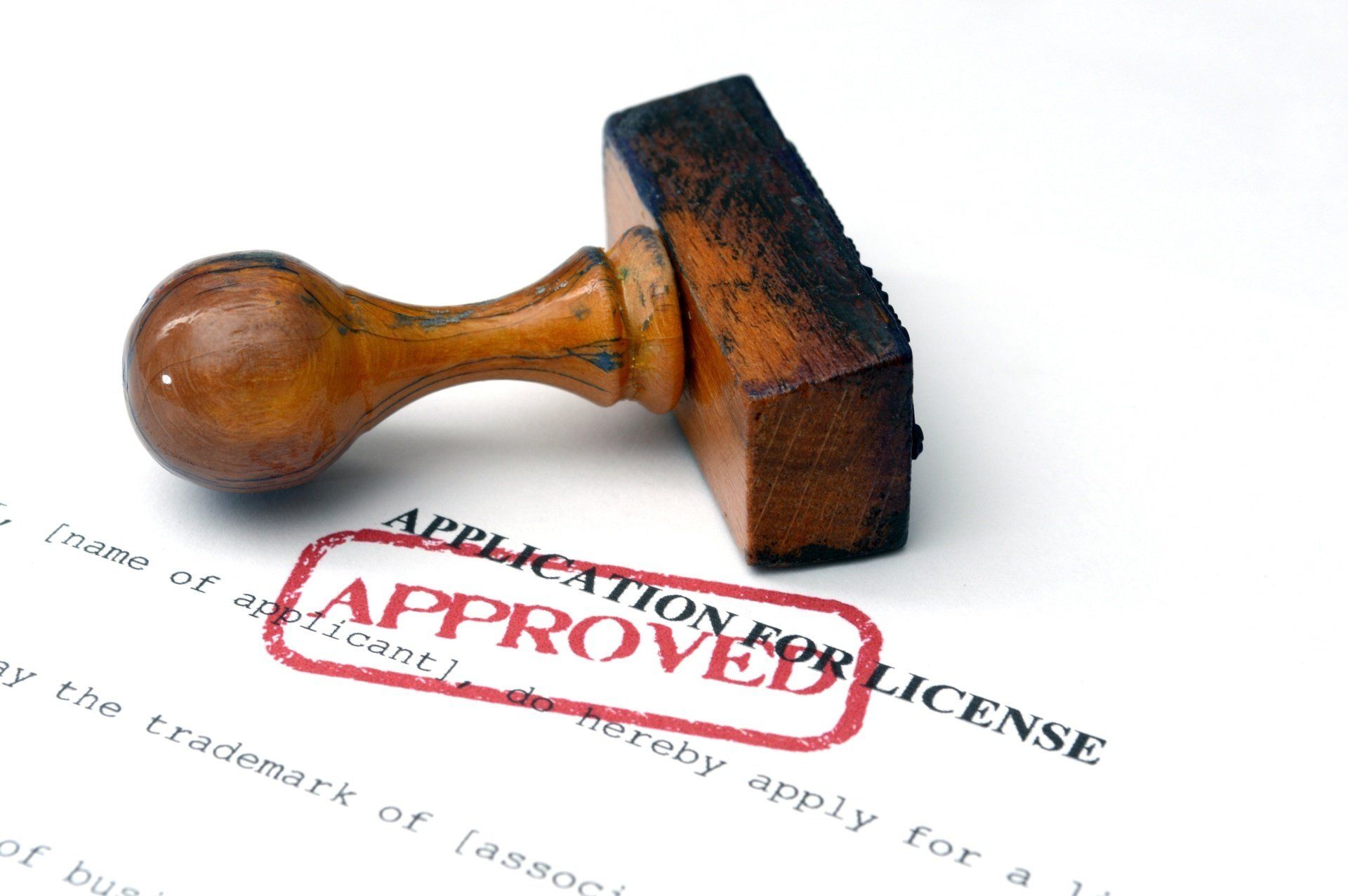

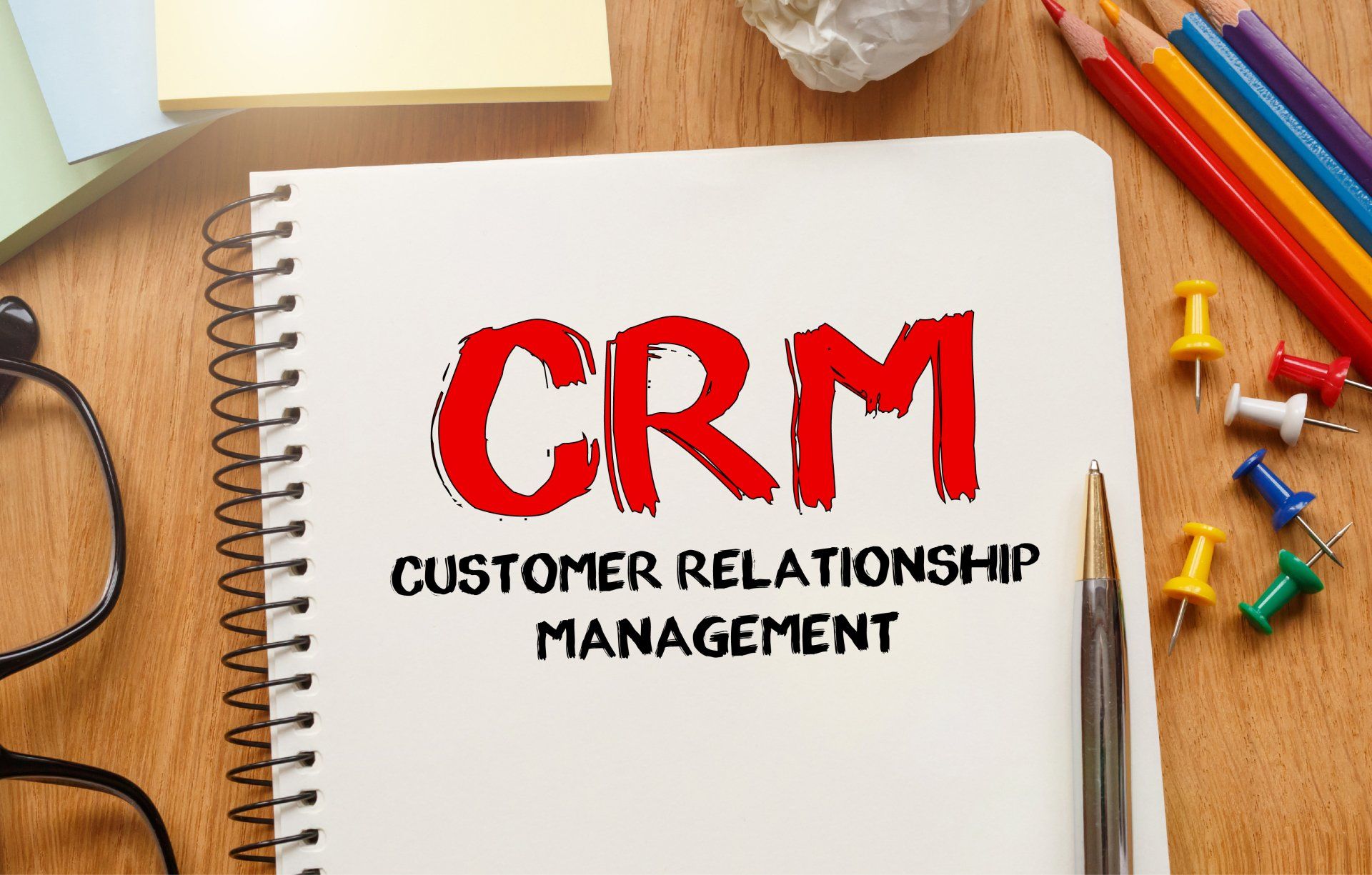

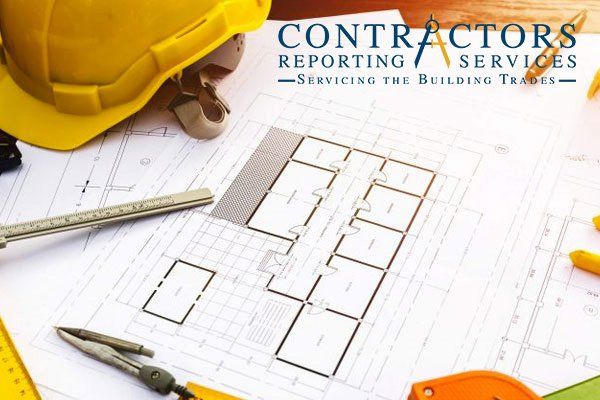
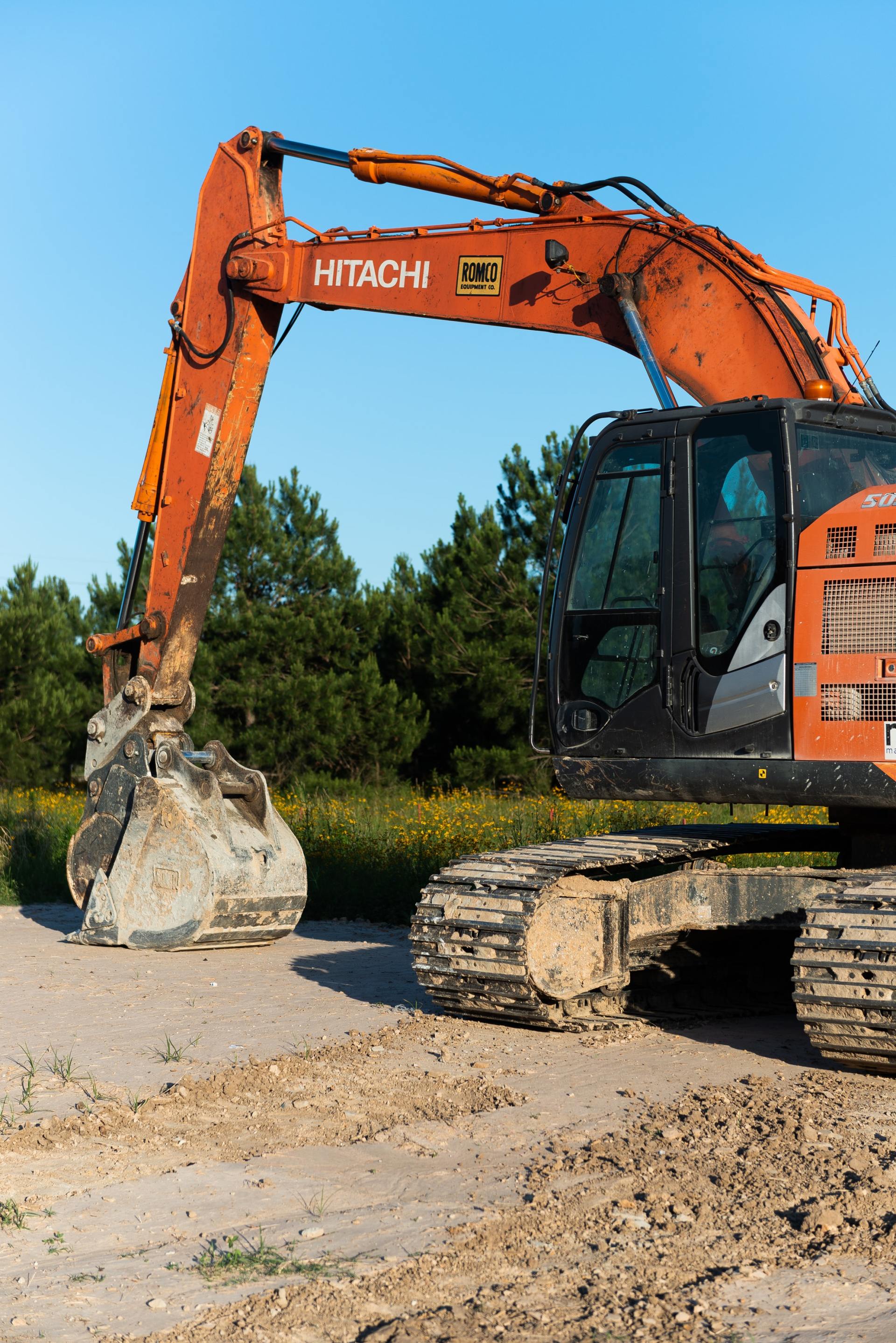
Let Us Get Your Credit Report For You
Get the reports you need to show your financial stability to the state of Florida in order to obtain your General Contractor license.
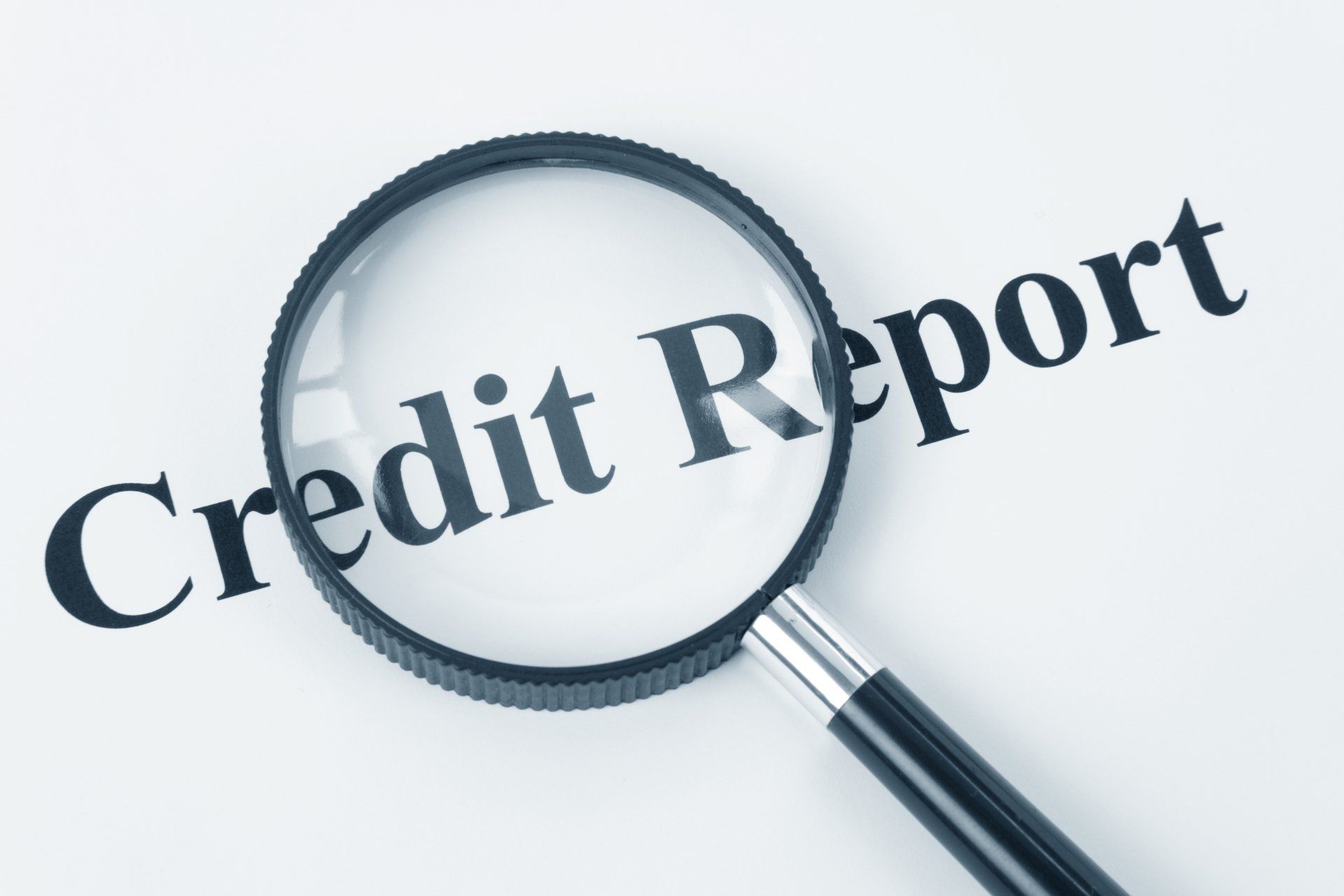
GET IN TOUCH
COPYRIGHT ©2022-2023 | CONTRACTORS REPORTING SERVICES


